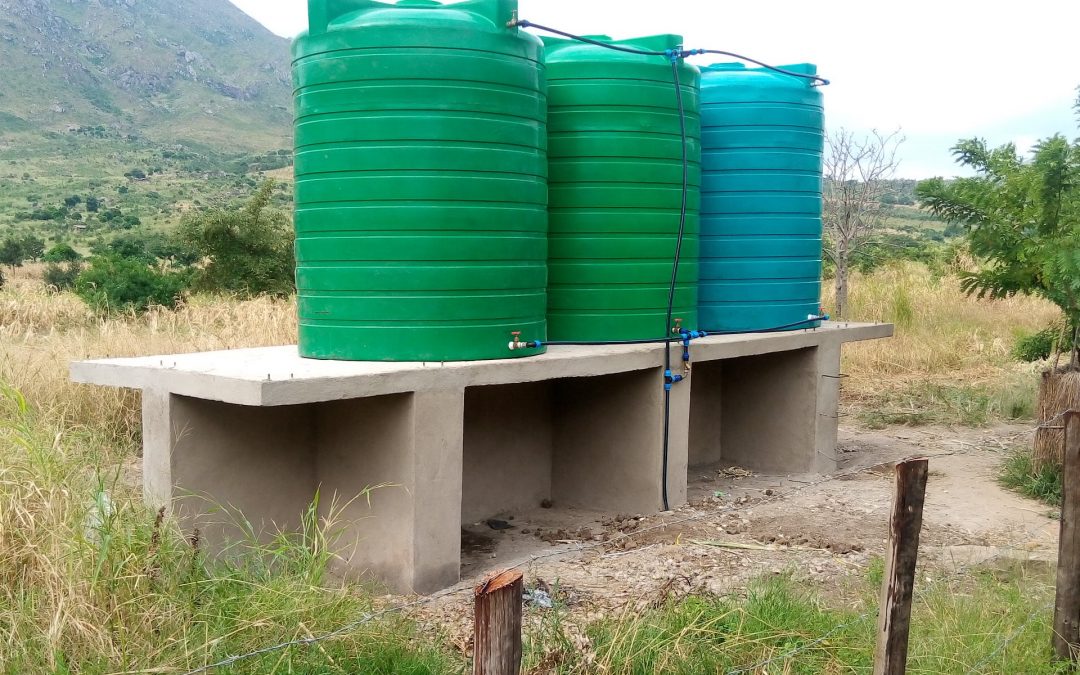By Hector Chilimani; BASEflow Project Specialist; Ecosystems
When communities are engaged in a development project, many different needs are expressed, but limited resources and the need for prioritization can only accomplish so much. At BASEflow Limited, between 2019-2021, we worked with a community in Traditional Authority Lundu in Blantyre to exemplify the management of free-flowing artesian wells. The project successfully managed to cap the artesian well that had been wasting volumes of water for years and used the system to support a range of livelihood-improving socio-economic activities such as fish farming, beekeeping, tree nursery management and small-scale irrigation, benefiting over 2500 people from across 4 villages affiliated with the water supply system.
However, many other expressed needs could not be addressed by the project’s scope of time and resources. In such cases, ignoring them, shelving them aside, or forcing them into limited resource-constrained budgets is not the best solution. Instead, anticipating future demands and allowing room for partnerships can help address these needs.
Anticipating future demands means making sure that the project has the potential to allow for further improvements to increase the reach of the project in both quality and quantity. In the case of the artesian well ecosystem, we installed 3 tanks of 10,000L as reservoirs for water and assigned one for domestic water uses accessed through a community kiosk while the other 2 would store water that can be available for irrigation or supplement water to the fish farming ponds especially when pressure is low from the main source. If the demand for domestic water grows in future, another tank can be redeployed to meet that need. The acreage for irrigation, tree nursery activities, and kitchen gardens can also be expanded.

Partnerships can also be leveraged to help meet the communities’ expressed needs. Implementing a project with this aspect in mind means allowing room for other partners to add to the infrastructure and help communities benefit more from such systems. In the case of the artesian well ecosystem at Jordani village, Evidence Action’s in-line Chlorination Unit has since been added to the system, “We can now drink chlorinated water, they do support with refills as they do with dispensers in boreholes” commended one community member. In other words, Evidence Action’s work has complemented what we started and improved people’s access to treated water.
It is therefore essential to appreciate that there are things we can do now and those that can be done later by others. Anticipating future demands and allowing room for partnerships can help address those equally important needs that cannot be addressed by a project’s scope of time and resources. The artesian well ecosystem at Jordani exemplifies this philosophy whereby we provided space for others to improve or enhance what we started instead of building an entirely new water supply system from scratch.
Kudos Evidence Action!



